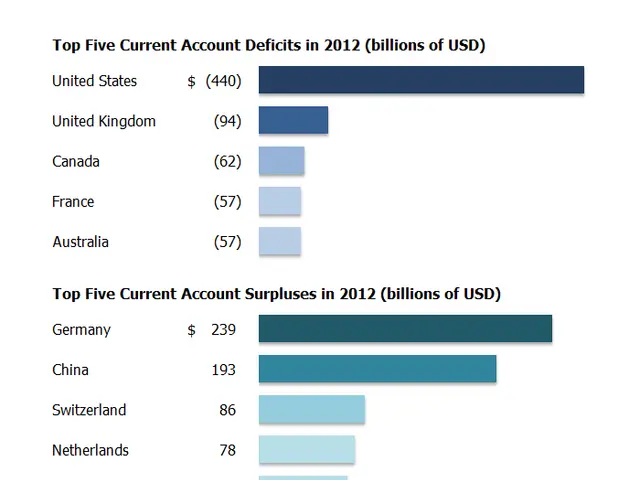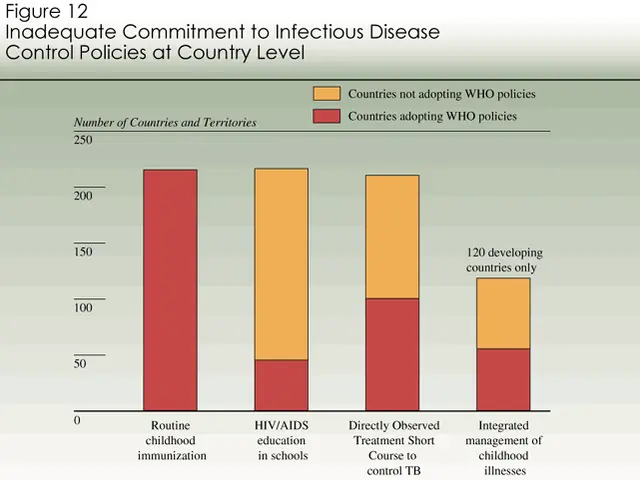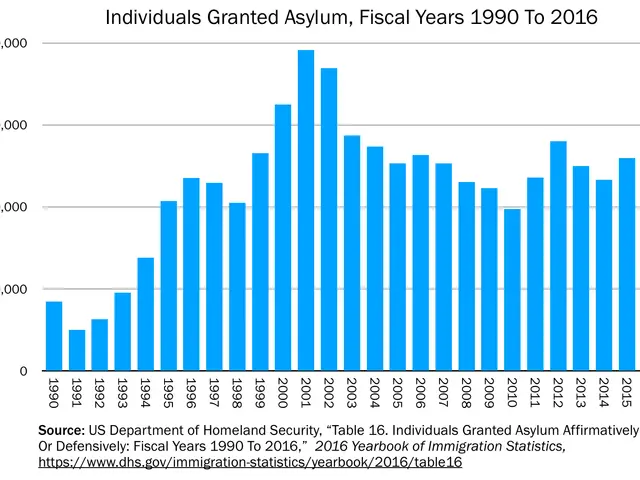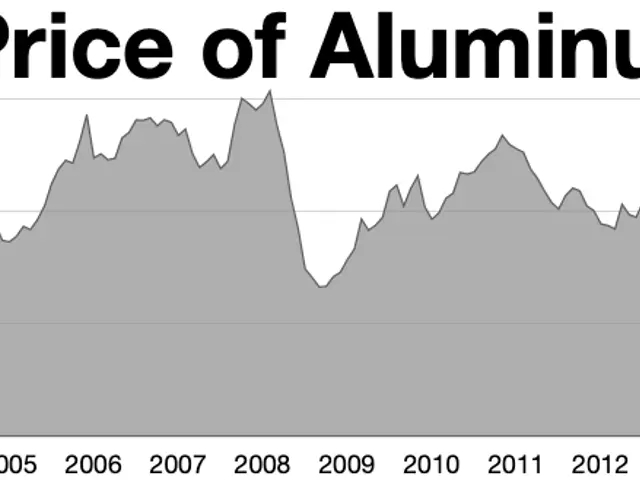Bangladesh's Rights Progress Hindered by Emerging Challenges
Bangladesh, since its independence in 1971, has made significant strides in social and economic rights. It has reduced extreme poverty and improved life expectancy. However, the country now faces emerging challenges that demand human rights-based approaches.
Despite progress, Bangladesh grapples with issues like climate justice, digital rights, and labour migration. The National Human Rights Commission (NHRC) struggles to act decisively due to limited autonomy and mandate. Laws such as the Digital Security Act and the Cyber Security Act have been criticized for curtailing online speech and dissent.
Political space for opposition parties has narrowed, with restrictions on rallies, arrests of activists, and limited inclusive dialogue. Civil and political rights remain contested, with increasing constraints on freedoms of expression, assembly, and press. Meanwhile, Bangladesh ranks highly in gender parity for primary education and has expanded social safety nets and community health initiatives. Labour rights have seen incremental gains, with trade unions in the garment sector reflecting the gradual recognition of workers' voices.
Bangladesh's Constitution guarantees fundamental rights, but reforms are needed to ensure these rights are fully protected. Urgent updates to the NHRC Act are crucial to expand its investigative powers, ensure transparent appointments, and enhance its independence. Despite challenges, Bangladesh continues to make progress in social and economic rights.
Read also:
- India's Agriculture Minister Reviews Sector Progress Amid Heavy Rains, Crop Areas Up
- Sleep Maxxing Trends and Tips: New Zealanders Seek Better Rest
- Over 1.7M in Baden-Württemberg at Poverty Risk, Emmendingen's Housing Crisis Urgent
- Life Expectancy Soars, But Youth Suicide and Substance Abuse Pose Concern







